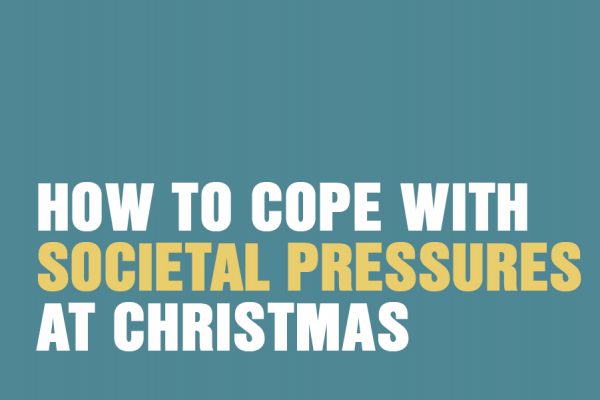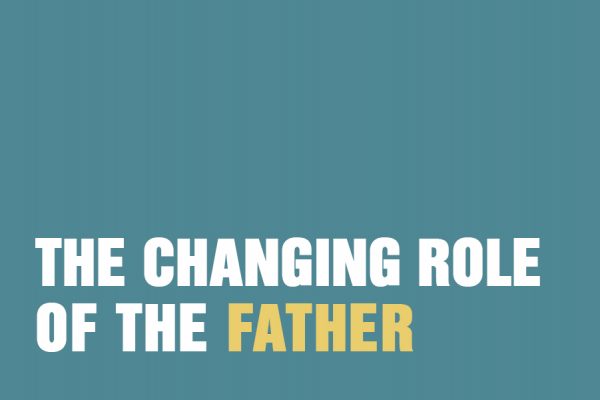You may be familiar with the inner critic – that insidious voice within that talks down to you and makes you feel bad or sad. The inner critic is often said to be an internalised version of a critical parent, using similar words and tone of voice to belittle you or make you believe you’re not worth much. You can end up believing the inner critic speaks the truth about you and is a major cause of low self-esteem. However, you may not be quite so familiar with the outer critic, which can also develop as a result of poor early caregiving.
Pete Walker writes on the topic of the outer critic in his book Complex PTSD: From Surviving to Thriving. Walker is an expert on complex trauma, a psychological disorder with roots in inconsistent, neglectful or abusive parenting, which can cause interpersonal and relationship difficulties and fear of abandonment. As an adult, the person with complex trauma can develop a series of coping mechanisms to help protect from further trauma – but that serve only to retraumatise and replaying early feelings of abandonment.
Walker defines the inner and outer critic as follows: “The inner critic is the part of your mind that views you as flawed and unworthy. The outer critic is the part that views everyone else as flawed and unworthy. When the outer critic is running your mind, people appear to be too awful and too dangerous to trust.” (Complex PTSD: From Surviving to Thriving, page. 191). He adds that the outer critic focuses on other people’s imperfections and unworthiness as a way of avoiding having to invest in emotional relationships.
He says that the outer critic develops as a response to parents who “were too dangerous to trust”. The child learns to be hypervigilant to even the tiniest sign that the parent was becoming imperfect of ‘dangerous’ and as a grown-up believes that everyone else will be a similarly untrustworthy as the parents. In other words, the outer critic highlights flaws and pushes people away. It isolates and, even though it’s trying to defend against abandonment, it ends up recreating it. And so the trauma loop continues.
How to spot the outer critic’s behaviours…
Passive-aggression
Children of abusive or neglectful parents are not able to show anger and fight back. They have to keep it hidden. Yet that anger doesn’t go away but festers into resentment and gets projected onto people in the present. The outer critic finds fault with everyone and suspects that everyone will eventually abandon them. Tiny transgressions get blown out of all proportion and the outer critic counts the many slights against it. The outer critic also shows passive-aggression by being constantly late, not following through on commitments, withholding positive feedback, and withdrawing when feeling hurt.
Being too honest
The outer critic can give a whole list of someone else’s foibles and flaws under the guise of ‘just being honest’. It thinks it’s being authentic but really it is tearing the other person apart.
Believing everyone is out to hurt them
The outer critic can emerge during emotional flashbacks (where a current situation brings up all the old emotions of a very old wound, as if it were happening all over again). It makes a person think that others will leave them and break their heart – telling them to depend only on themselves. They look out for the tiniest signs (facial expression, words, actions) that the person will let them down.
Fear of vulnerability
The outer critic has to be hypervigilant to potential slights and dangers. Children with complex trauma are often mocked or scorned for seeking support or love from their parents, and this can create a fear of intimacy and vulnerability when older. The outer critic believes that everyone else is as potentially dangerous as the original caregivers.
A need to control
The outer critic can seek to control others in a bid to make them feel safer. Controlling behaviours can include shaming, excessive criticism, being bossy, and controlling conversations (sometimes one-sided). Control can extend to others’ diaries, social life, what they eat and what they wear.
Lurching between inner and outer critic
People with complex trauma can lurch between despising themselves (toxic shame of inner critic) and despising others (toxic blame of outer critic). They can get stuck in listing the faults of others and then all the ways they are themselves inadequate. This can create loneliness and isolation.
Perfectionism
Working so hard to be the best and criticising others for not living up to the highest standards is another behaviour of the outer critic.
Walker says that the first step to challenging the outer critic is to become mindful of it. Start noticing when the outer critic feels the urge to rant or to push other people away. Note what’s going on for you in the dynamic that is driving this urge. Consciousness and awareness are the first steps to making changes. Walker writes (page 195): “We need to protect ourselves from alienating people by presenting ourselves as if we are so defective that we do not deserve to be loved.”
If you are ready to seek therapeutic support with your self-esteem and relationship patterns then do get in touch. We have sessions available seven days a week in our private and low-cost services at our Clapham and Tooting centres. Call 020 8673 4545 or email [email protected] to enquire and book.







